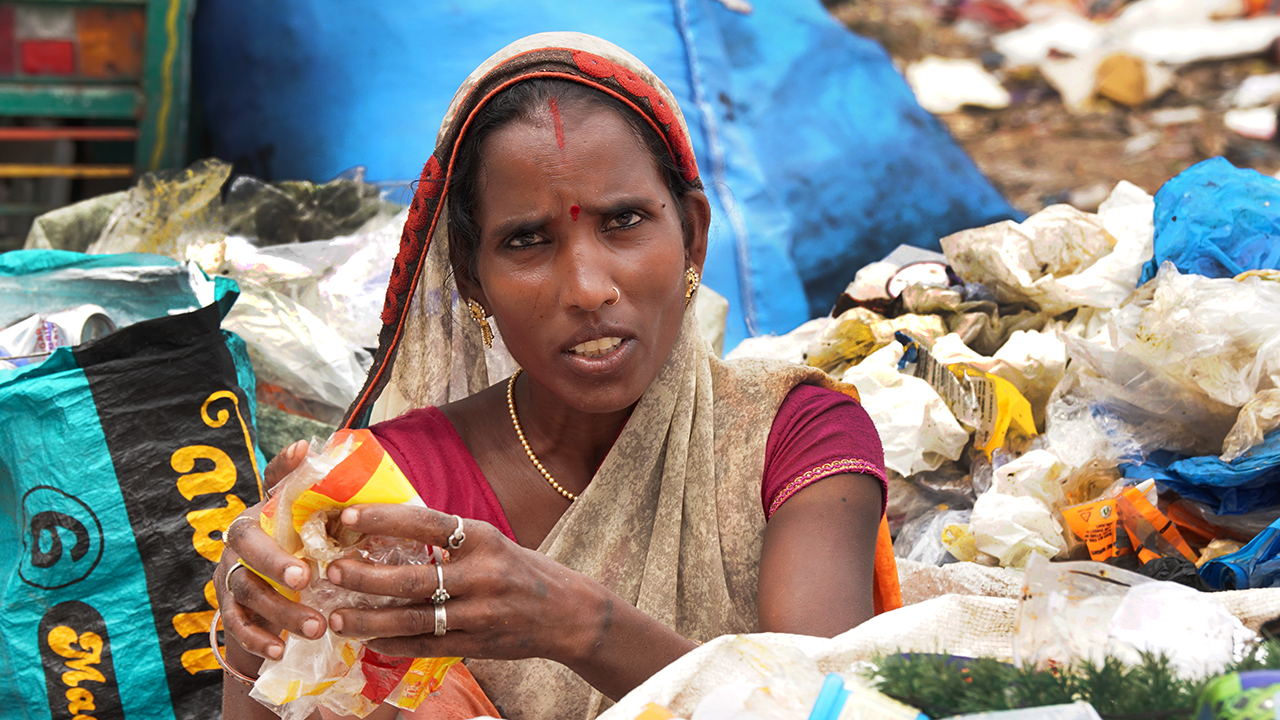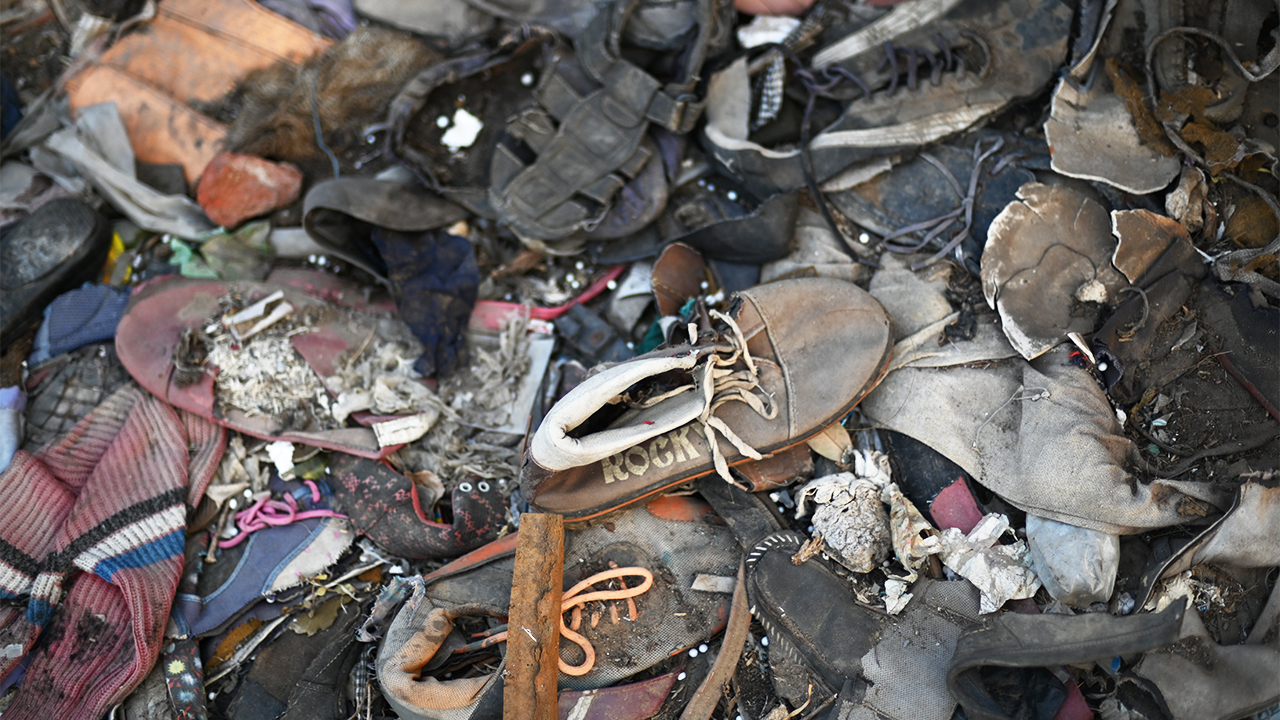admin
I help fin-tech digital product teams to create amazing experiences by crafting top-level UI/UX.

Urban India produces thousands of metric tonnes of wastes. The ragpickers play the key role in recycling 25% of it, thus reducing pressure on the landfills. But their efforts go unnoticed. For this ignorance from the side of the stakeholders of Solid Waste Management, the whole system of waste recycling is at a chance of collapsing. As wastes will pile up on landfills, many people will lose their livelihoods.
Inclusion does not only mean formal recognition, but also safeguarding their rights, and their occupational health, providing them with identity cards, keeping their identity well documented, and ensuring that they earn from the waste that they collect. The Pune Municipal Corporation set an example as early as 1995 to register waste workers and establish an integrated SWM system. On the other hand, in Delhi, though the masterplan of the city does not provide ample space for waste segregation and composting to benefit waste workers, the New Delhi Municipal Corporation (NDMC) in association with Chintan, works with 1048 wastepickers in a decentralized system. They wilfully handed over managerial responsibilities to us for the betterment of the wastepickers. A lot more needs to be done. It is time we understand that they are silently fighting for the environment and deserve dignity and protection.
I help fin-tech digital product teams to create amazing experiences by crafting top-level UI/UX.

Training waste workers and households in composting to divert wet waste from landfills and abate methane emissions.

Read More

How environmental contamination is impacting our children’s future
Support our initiatives so that we can reach more and more people and provide our support to the needy
Click on the blue round button at the bottom right corner of this page. You can also email our support team at support@example.com

Chintan, meaning thought/reflection in Hindi, is an environmental research and action group.
Subscribe to get the latest news form us
© 2025 Chintan Environmental Research & Action Group